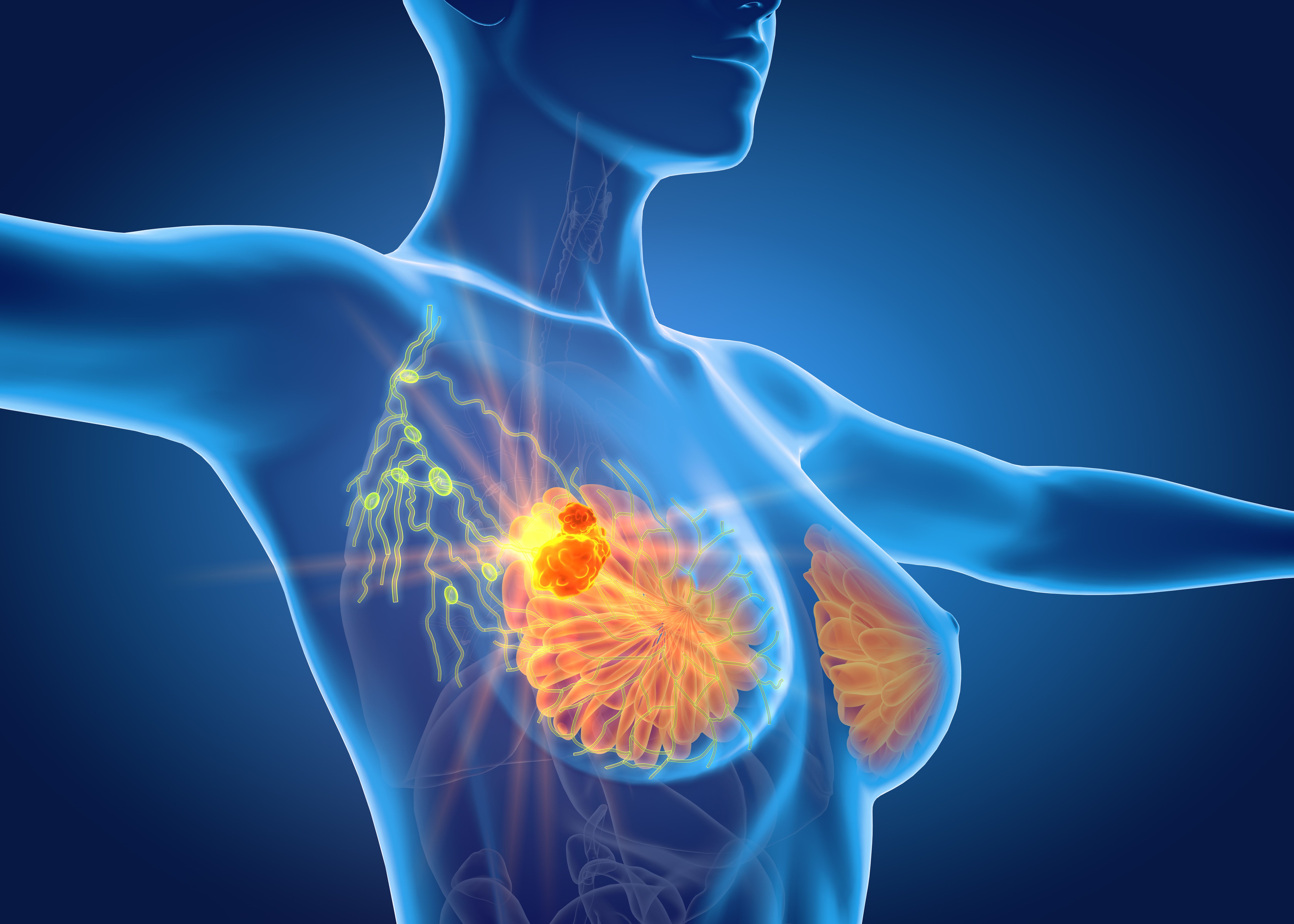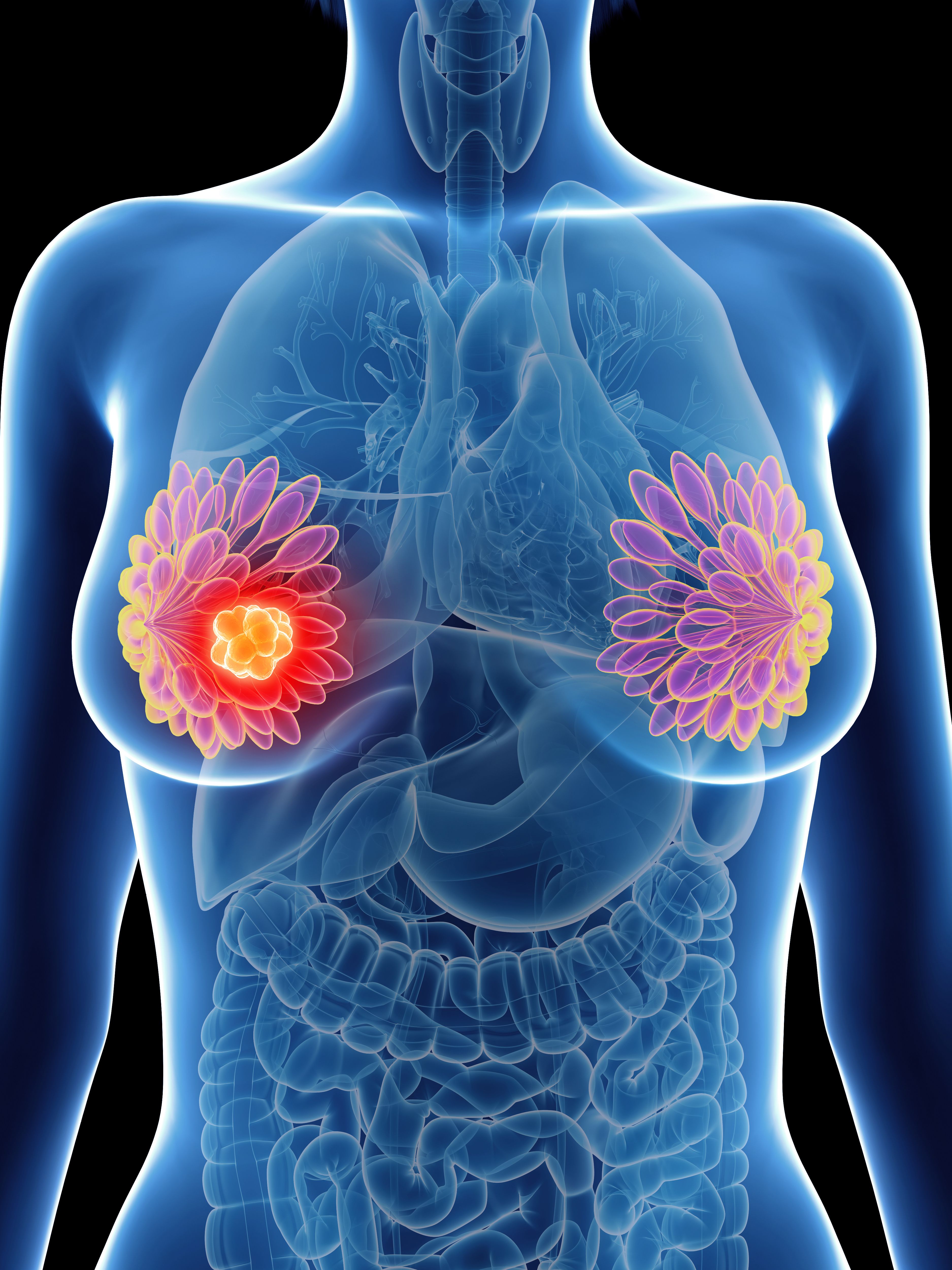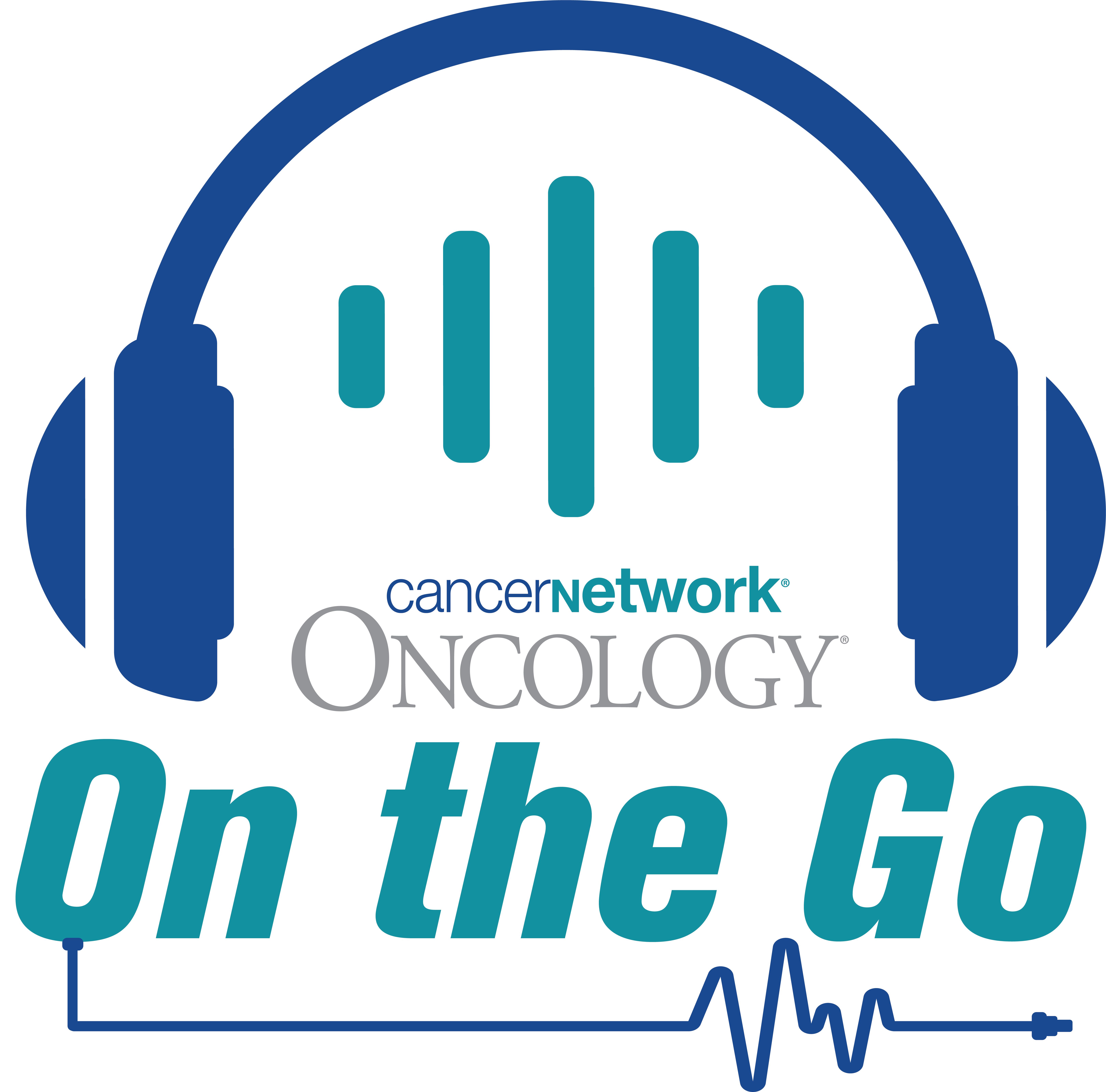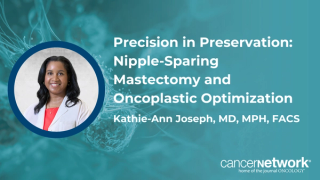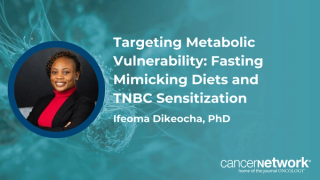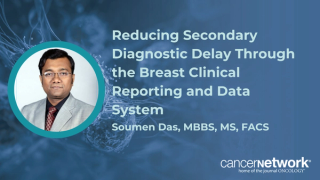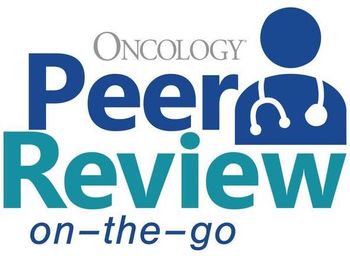
Breast Cancer
Latest News
Video Series

Latest Videos
Shorts
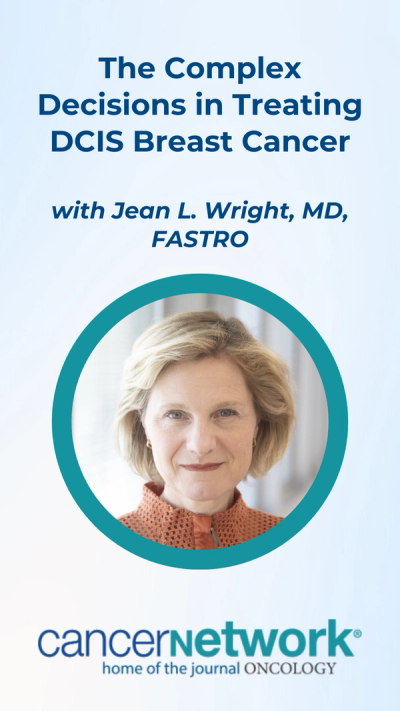
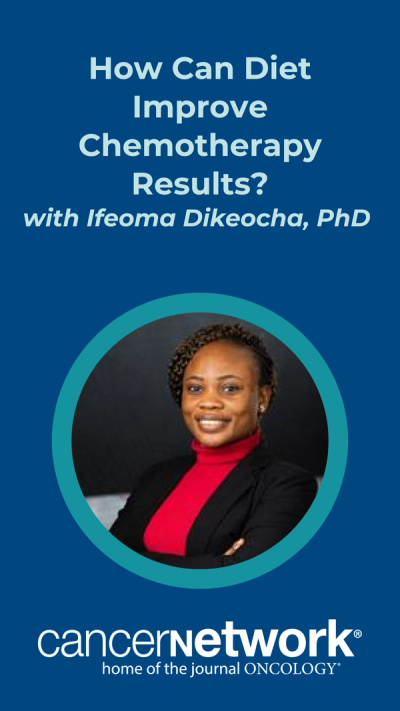
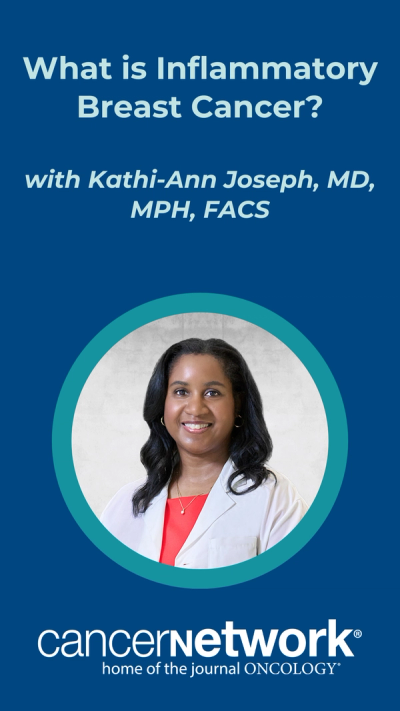
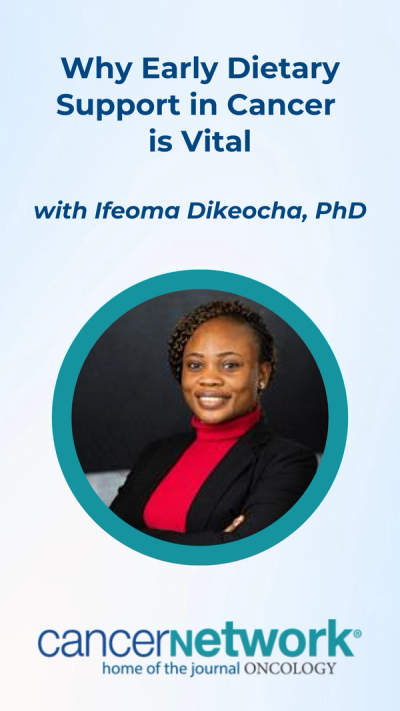

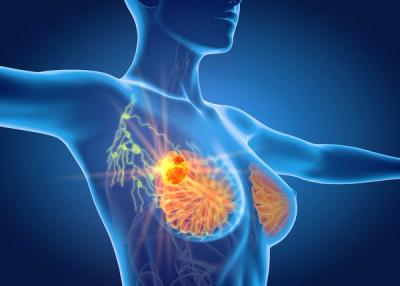
Podcasts
More News

Previously, the phase 2 EVANGELINE trial assessed treatment with (Z)-endoxifen in this patient group.
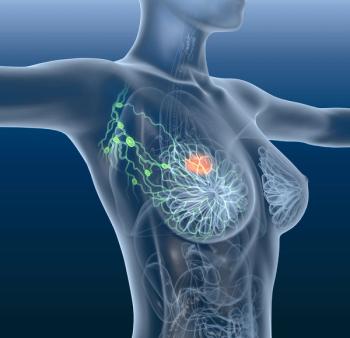
Nurses preferred the FreedomEDGE infusion system compared with the manual push technique in a retrospective survey study.

VCU Massey Cancer Center is utilizing L-Dex bioimpedance spectroscopy to move toward a preventative model for lymphedema.
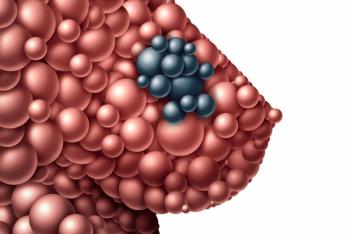
Data from a phase 2 study may support a novel mTOR inhibitor-based regimen in previously treated, HR-positive, HER2-negative breast cancer.
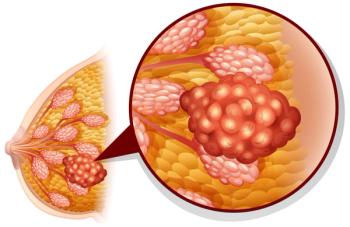
Zovegalisib Combo Confers Efficacy Benefit in PIK3CA-Mutated Breast Cancer
The addition of zovegalisib to fulvestrant led to rapid declines in PIK3CA and ESR1 ctDNA in the HR-positive/HER2-negative advanced breast cancer group.

Safety data from ASCENT-03 support sacituzumab govitecan as an effective therapy with manageable toxicities in advanced triple-negative breast cancer.

Kandance P. McGuire, MD, FACS, breaks down what lymphedema is and why it may be detected later.

Exploratory data from a phase 3 study may help optimize adjuvant endocrine therapy choices in hormone receptor–positive, HER2-positive breast cancer.

FDA Grants BTD to T-DXd in HER2+ BC With Residual Invasive Disease Post NAT
Results from the DESTINY-Breast05 trial revealed that T-DXd was superior to T-DM1 in these patients with HER2-positive early breast cancer.
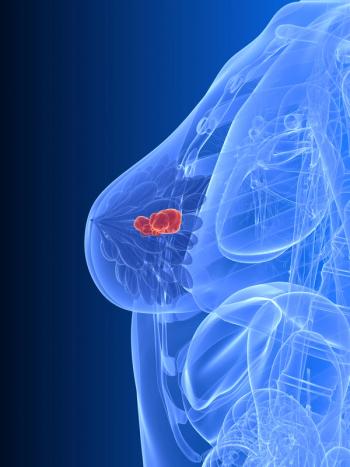
Unadjusted post-recurrence OS was numerically lower with palbociclib plus endocrine therapy vs endocrine therapy alone in the phase 3 PALLAS trial.

“VIKTORIA-1 is the first study to demonstrate a statistically significant and clinically meaningful improvement in PFS with PAM inhibition in patients with PIK3CA wild-type disease, all of whom received prior CDK4/6 inhibition,” said Barbara Pistilli, MD.
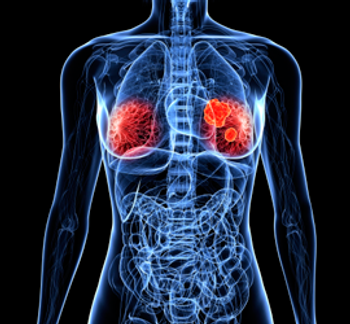
Pyrotinib Combo Sustains Survival Benefits in HER2+ Breast Cancer Trial
Data from the phase 3 PHILA study support pyrotinib plus trastuzumab as a therapeutic strategy in HER2-positive metastatic breast cancer.
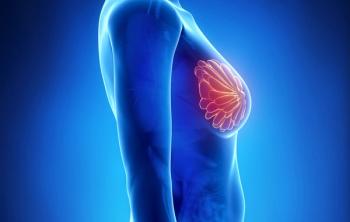
Majority of Breast Cancer Cohort Opts for Fertility Preservation Strategies
Data from the PREFER study may provide evidence for improving oncofertility counseling for premenopausal women with early breast cancer.
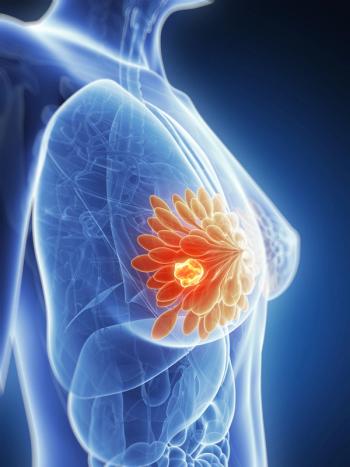
RAD51 Test May Improve Patient Selection of Olaparib in BRCA1/2 or PALB2 HER2– Breast Cancer
“This trial supports the value of a functional RAD51-based HRD assessment to refine patient selection for PARP inhibitors,” said Isabel Pimentel, MD.

The risk of pain deterioration was similar with T-DXd/pertuzumab vs standard of care in the DESTINY-Breast09 trial.
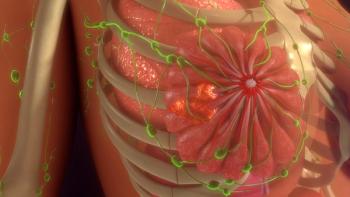
Subgroup data from the phase 3 DESTINY-Breast05 trial further characterize the clinical benefit of T-DXd over T-DM1 in this breast cancer population.

Sessions from SABCS 2025 detailed potential advances across different immunotherapy, radiation, and surgical modalities in breast cancer care.
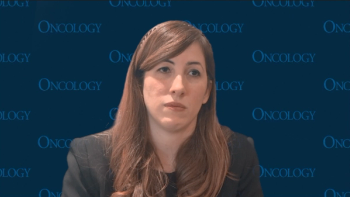
Findings from David Rimm, MD, PhD, suggest that there may be an inverse relationship between HER2 and TROP2 expression among patients with breast cancer.

Gathering Data to Ascertain Biomarker Specificity in HER2– Breast Cancer
Tissue samples collected from patients with breast cancer during treatment may help explore therapy selection and predict toxicities.

Data from the ELEVATE trial may support elacestrant as an endocrine backbone in ER-positive, HER2-negative breast cancer.

Imlunestrant Combo Will Not Be Pursued for FDA Approval in Breast Cancer
A label for imlunestrant/abemaciclib in ER+/HER2– advanced breast cancer with ESR1 mutations will be sought.
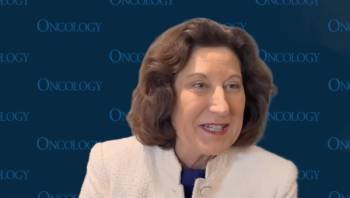
All-Oral Elacestrant Combos Offer “Tremendous” Benefits in Breast Cancer
Clinicians can reduce doses and mitigate toxicities in an easier fashion when administering elacestrant-based treatment for those with advanced breast cancer.

SLNB Omission in Early Breast Cancer: Clinical Implications of SOUND and INSEMA
Sunil Dutta, MD, discusses how whole-breast radiation or systemic therapy is responsible for controlling low-volume disease.

Atezolizumab plus neoadjuvant therapy was found to increase chemotherapy-induced ovarian failure among patients with TNBC.
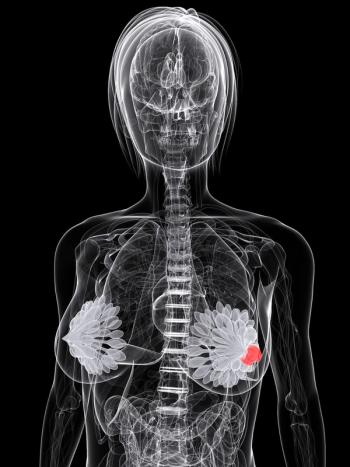
Data from SERENA-6 showed delayed disease progression and deterioration in QOL among patients who switched to camizestrant plus CDK4/6 inhibition.


